Palestine 36 is an insult to history
A film about Palestinian anti-colonial resistance in the late 1930s is eye-catching, moving and utterly untrue.
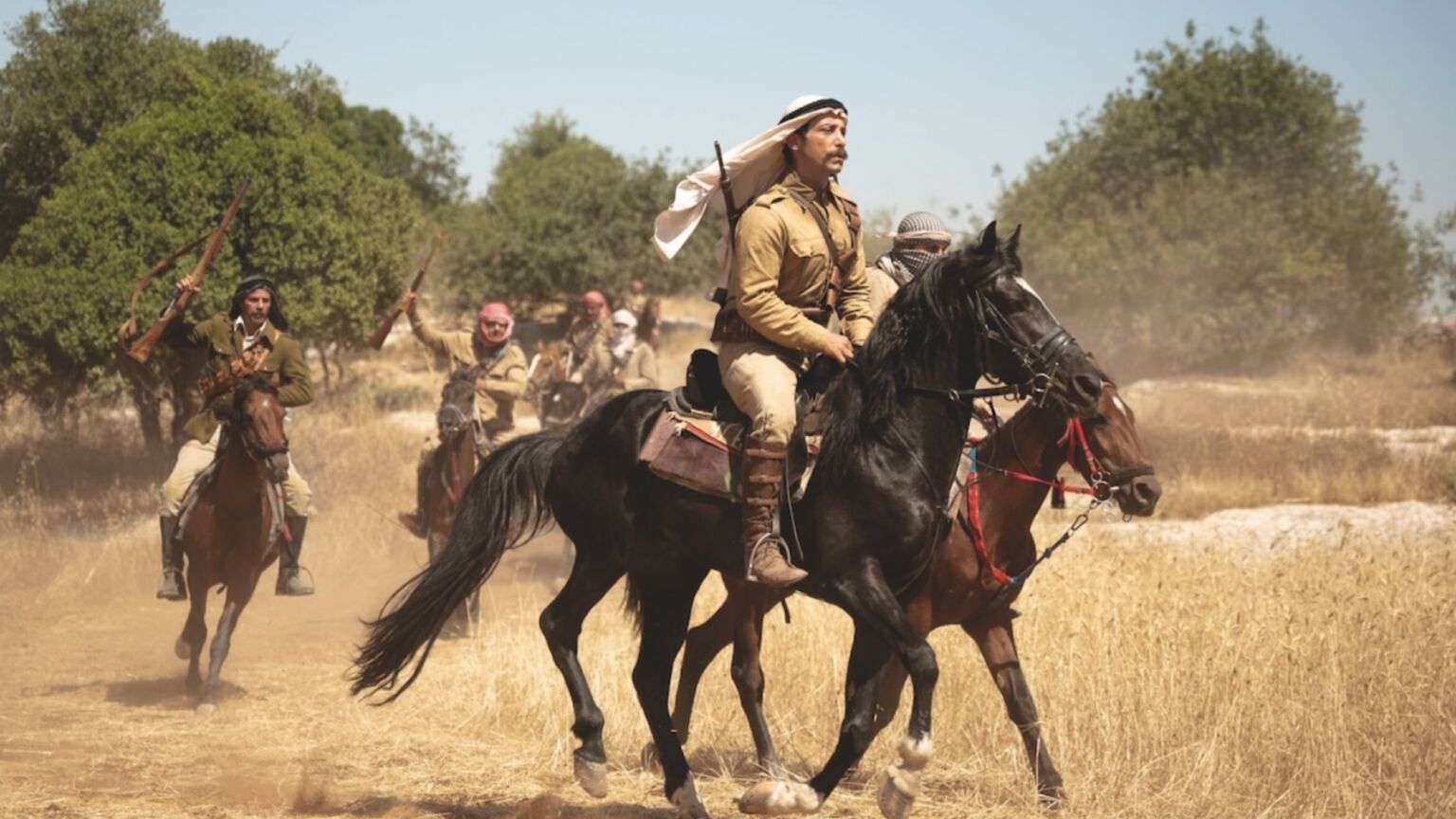
Want unlimited, ad-free access? Become a spiked supporter.
Palestine 36 is a new movie about Arab resistance to colonialism in British-governed Palestine in the late 1930s. It is a moving and eye-catching story, but it suffers from a big problem: it is not true.
Annemarie Jacir’s film looks the part, with its mix of beautifully realised life in the hill villages, Haifa townscapes and jazz-age cocktail parties. It is replete with neat production values, paid for with cash from BBC Films and the British Film Institute.
The performances from Karim Daoud Anaya, as Yusuf, and Yafa Bakri, playing a widow called Rabab, are moving. Jeremy Irons, who plays British high commissioner Arthur Wauchope, and Robert Aramayo, as British intelligence officer Orde Wingate, are hiss-worthy music-hall villains.
The account of the conflict on which the movie is based – the events of 1936 to 1939 – is far less convincing. Jacir takes it as read that the British are working on behalf of the Jewish settlers, who are depicted as vicious and rapacious ‘colonisers’. Yet the truth about what is known as the Great Revolt is that the leaders of the Palestinian Arabs were more opposed to Jews than they were to British imperialism – indeed, they said straight-forwardly that they would have supported Britain if only it would stop Jewish immigration to Mandate Palestine.
Throughout the film, it is the Jews who are portrayed as the problem, while Britain is blamed for taking their side. In one scene, Rabab’s daughter, Afra, looks on at the Jewish women building their settlement and asks why they have come. Her mother replies ‘their countries don’t want them… I don’t know why.’
In the film, Jews are shown being allocated land by the British that was confiscated from Arabs. But that was not British policy. Whatever land Jews had in 1936, they had bought from Arab owners. ‘Palestine is not for sale’, say protesters in the movie. But the truth is that it was, and for a decent profit, too, for Arab landowners.
The scene where the Haifa dockworkers discover an arms shipment headed for the settlers did happen. Yet again, however, viewers are given a tendentious account. One of the dockworkers asks, ‘Why do you think they are arming themselves?’. The obvious implication being that Jewish colonists are planning to murder Palestinians. But in fact, the arms were for Jews’ self-defence as much as anything else. Arabs had killed hundreds of Jews in 1920, 1921 and 1929 – historical events that are written out of Palestine 1936.
In Jacir’s telling, the conflict started because Jews began killing Arabs. Indeed, the first death we see is of a villager going to talk to the settlers. In the real 1936, however, the first victim was Israel Hazan, a 70-year-old Jewish immigrant from Salonika, Greece. He was shot on his knees as he begged for mercy from the Arab militia that had abducted him.
Only in the summer of 1938 did the more radical leaders of the Jewish ‘Irgun’ militia win the argument for fighting back, which they carried out ruthlessly: ‘For the first time since the Great Revolt began, for the first time in Palestine’s history, Jews were killing more Arabs than the reverse’, wrote Israeli journalist Oren Kessler in his book, Palestine 1936. The Irgun bombings are recreated in Jacir’s movie, but brought forward in time so that they are a cause of the Arab terror, rather than a reaction to it.
Another target in the film is the semi-fictitious Muslim Council, which in Jacir’s telling fails to lead the revolt and collaborates with Jews. With the love of Zionist conspiracy theories that is all-too common on the pro-Palestinian side of this argument, Jacir has journalist Khuloud Atef (Yasmine Al Massri) uncover the Zionist cheques that the council has been getting to sell the movement out.
The actual leadership of the Great Revolt was indeed poor, although not because it was being run by Zionists. Rather, it was being run by Mufti Haj Amin al-Husseini’s Arab High Committee (on which the Muslim Council must be based). Far from being too placatory, Husseini pushed for confrontation to the point of self-destruction. His call for a general strike only left the field open for the Zionist labour movement, Histadrut, to build its own port at Tel Aviv, cutting out the Arab port of Haifa. The Mufti’s support for terror gave the Jewish militias of the Haganah and the more militant Irgun the excuse to arm. And Husseini’s boycott of the Royal Commission of Inquiry, which was tasked with investigating the causes of the conflict, gave Zionist Chaim Weizmann (‘friend of the British ruling class’) the opportunity to impress chairman Lord Peel with the reasonableness of the Zionist case.
Most importantly, the Arab High Council was formed to prevent Jews from coming to Palestine, not to make the country independent. Its raison d’être was entirely sectarian, and helped the eventual partition of the country as much as Irgun did.
Throughout the film, Jacir paints the British as wholly biased in favour of the Jews – another distortion. There were as many British officials who pulled in favour of the Arab cause as there were pulling the other way. More to the point, the British tended to favour whoever was causing them the least trouble, meaning they backed the Jews against the Arabs in 1936 and the Arabs against the Jews in 1947-8. The recommendations of the 1937 Peel Commission, which proposed the partition of Palestine into Arab and Jewish states, were in fact rejected by foreign secretary Anthony Eden. He did so because the British government feared that the recommendations would drive the Arab world into Nazi Germany’s arms – which is what happened anyway.
Jacir’s film ends with Kareem emerging from prison to join Kuloud and his childhood friend, Afra, in protests for Palestine. But given in the film he is around 12 when he’s imprisoned, and about 20 when he is released, Palestine at the time would have been convulsed by Zionist protests, and a Jewish struggle for national liberation – a real history that Jacir’s film is incapable of portraying.
James Heartfield is the author of Britain’s Empires.
You’ve hit your monthly free article limit.
Support spiked and get unlimited access.
Support spiked and get unlimited access
spiked is funded by readers like you. Only 0.1% of regular readers currently support us. If just 1% did, we could grow our team and step up the fight for free speech and democracy.
Become a spiked supporter and enjoy unlimited, ad-free access, bonus content and exclusive events – while helping to keep independent journalism alive.
Monthly support makes the biggest difference. Thank you.


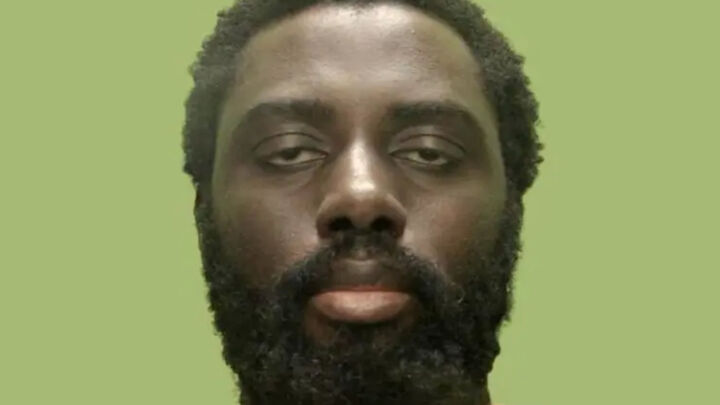
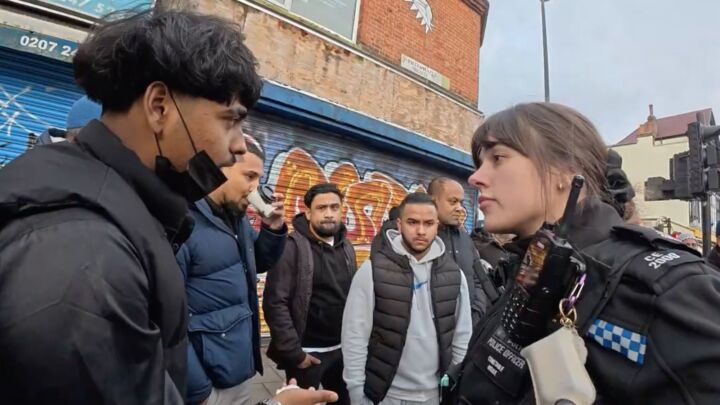

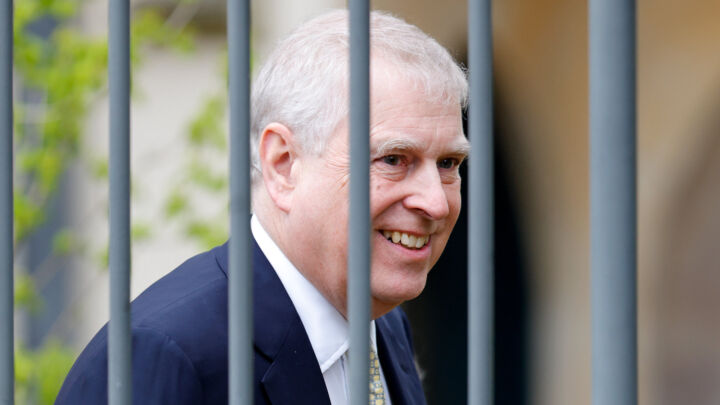
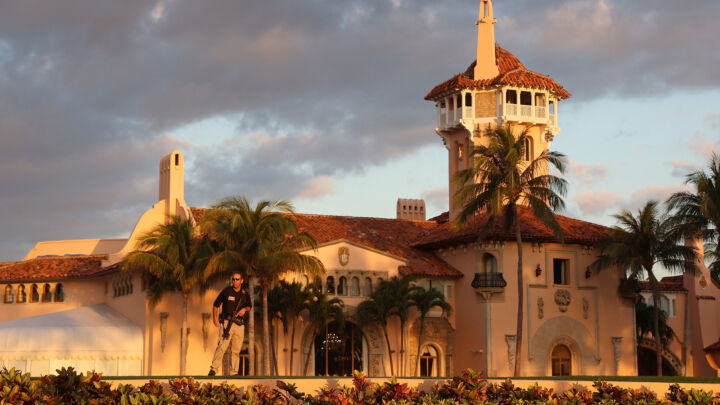



Comments
Want to join the conversation?
Only spiked supporters and patrons, who donate regularly to us, can comment on our articles.